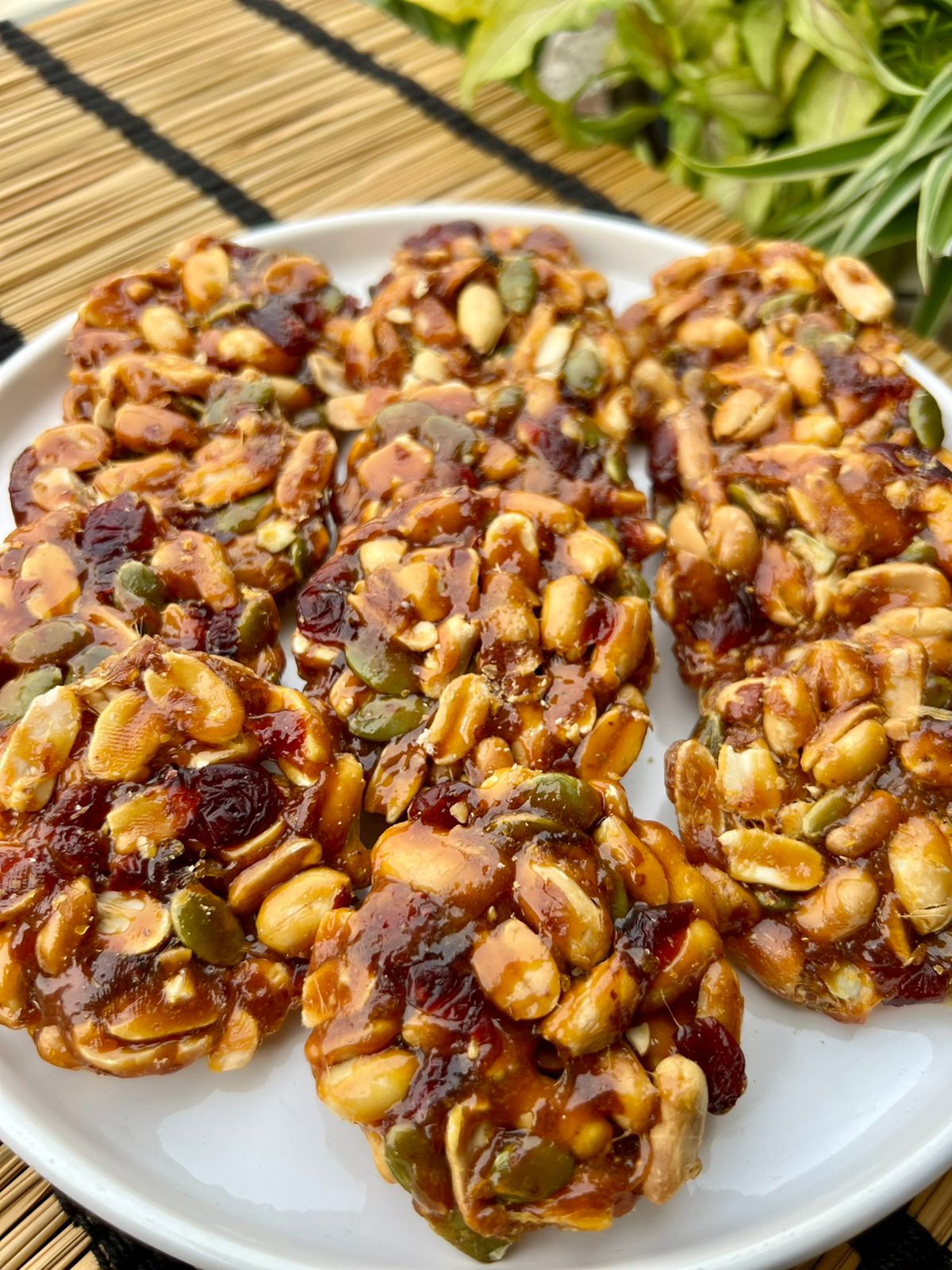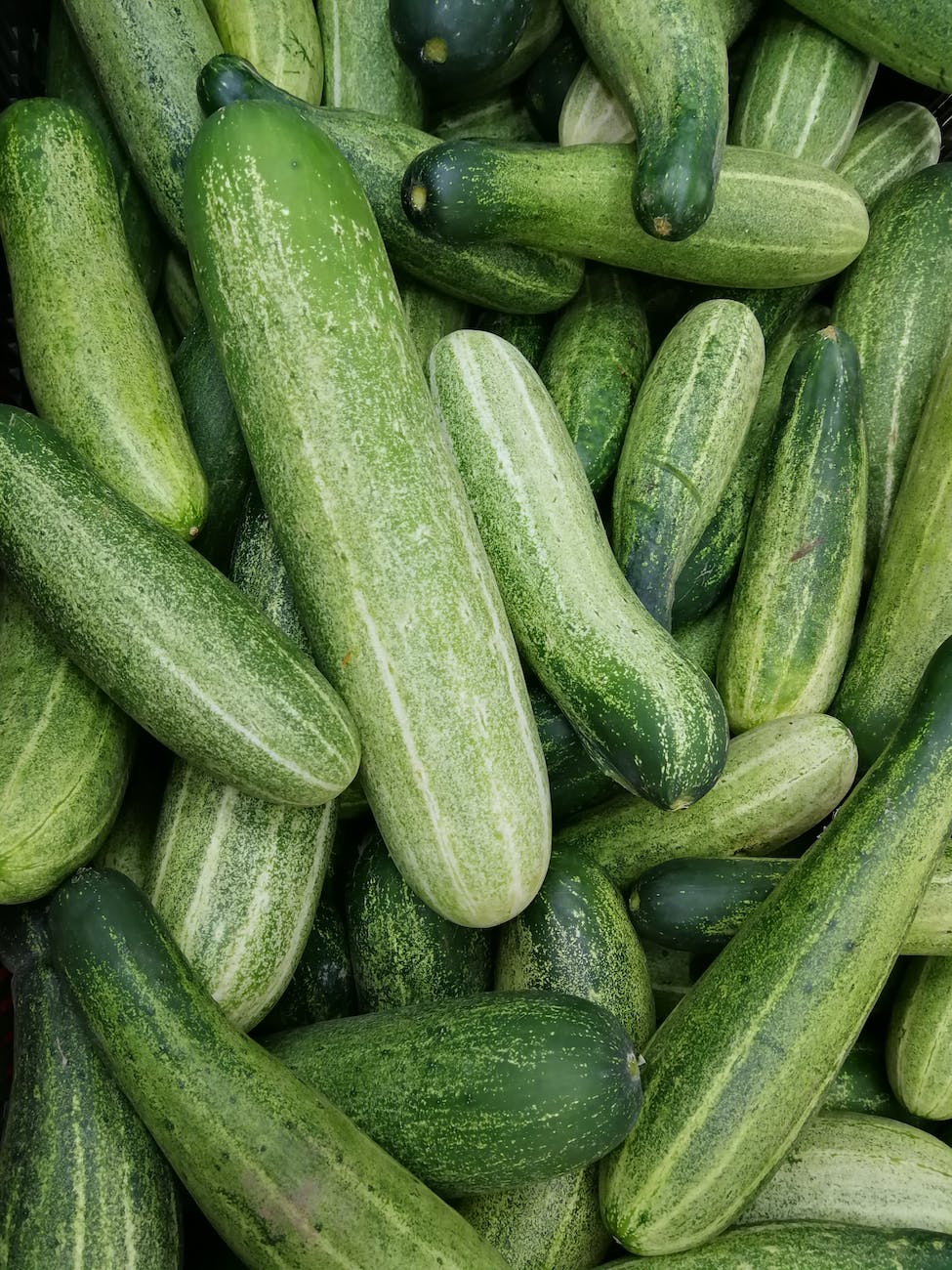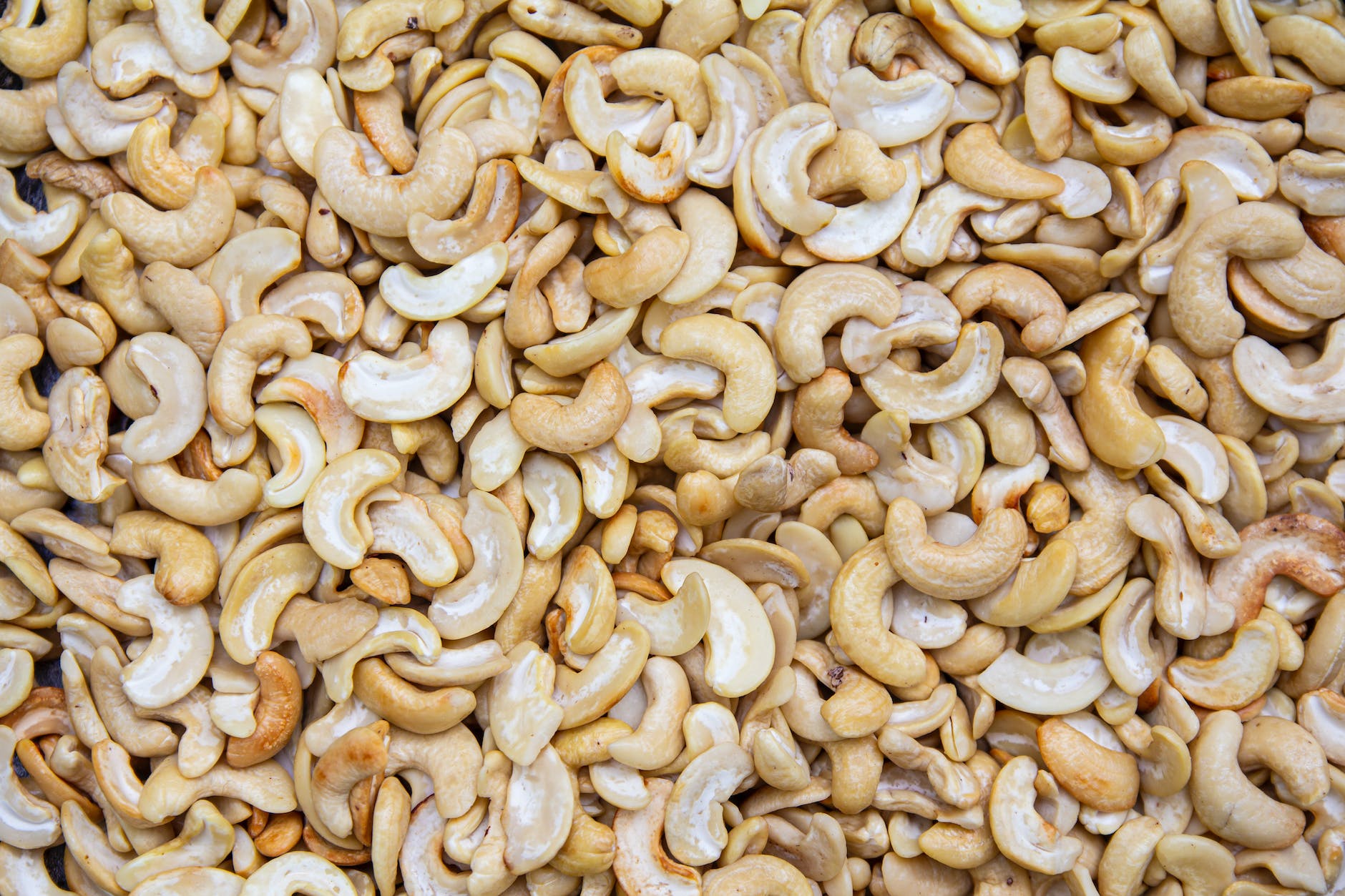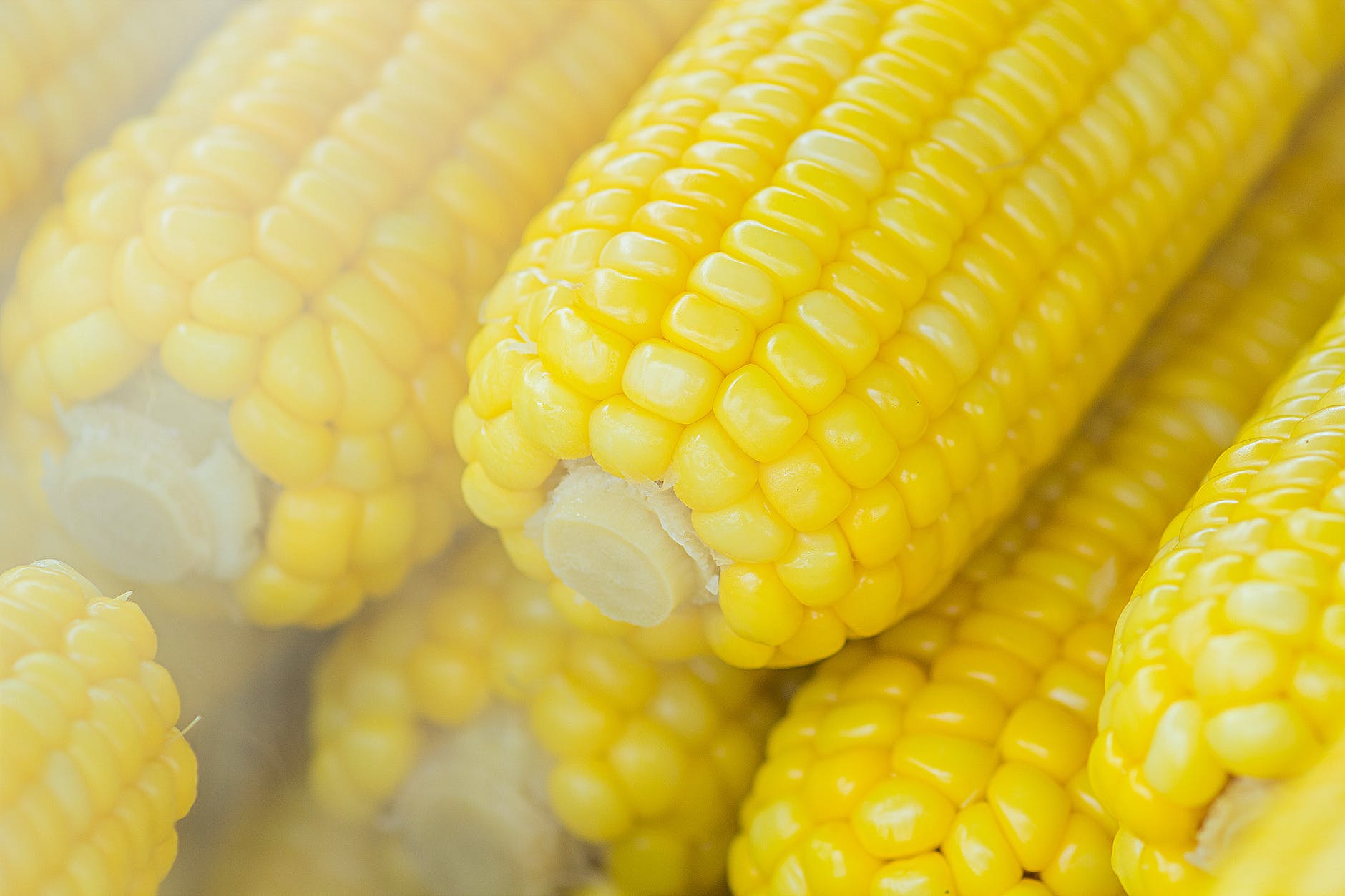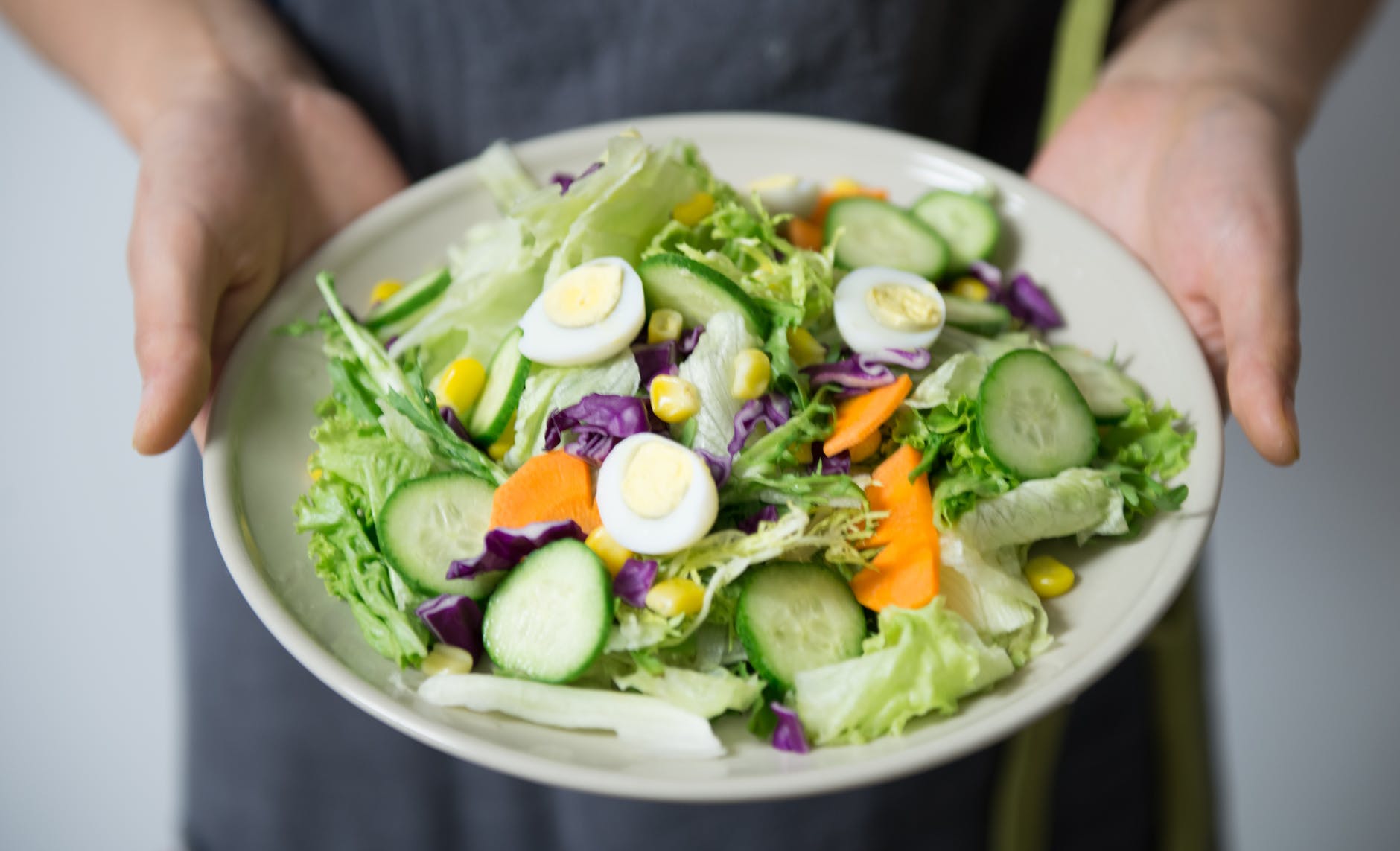
Introduction:
Salads have long been synonymous with “healthy eating.” But is having a salad every day truly beneficial? Let’s dissect the layers of a salad, from its nutritional content to its role in weight management.
Table of Contents:
- Anatomy of a Nutritious Salad
- Salads and Weight Management: The Real Story
- Daily Salad Benefits: Beyond Weight Loss
- Potential Pitfalls and How to Avoid Them
- A Week of Salads: Diverse and Delicious Ideas
1. Anatomy of a Nutritious Salad
Base Greens:
- Spinach: Rich in iron and calcium.
- Kale: Packed with vitamins A, C, and K.
- Romaine: A good source of folate and vitamin K.
Proteins:
- Grilled Chicken: Lean protein that keeps you full.
- Tofu: A plant-based protein rich in iron and calcium.
- Beans: Fiber-rich and a good protein source.
Dressings:
Opt for olive oil-based vinaigrettes, lemon juice, or yogurt-based dressings. They add flavor without excessive calories.
2. Salads and Weight Management: The Real Story
Eating salads can contribute to weight loss due to their low-calorie and high-fiber content. However:
- Calories Matter: A salad loaded with high-calorie toppings can exceed the calories of a fast-food meal.
- Stay Satiated: Include proteins and healthy fats (like avocados) to make your salad filling.
3. Daily Salad Benefits: Beyond Weight Loss
- Digestive Health: Fiber in salads promotes regular bowel movements.
- Skin Glow: Vitamins and antioxidants can lead to healthier skin.
- Immunity Boost: Many veggies are rich in vitamin C, bolstering the immune system.
- Heart Health: Leafy greens can contribute to lower cholesterol levels.
4. Potential Pitfalls and How to Avoid Them
Overdoing Dressings:
Creamy dressings can be calorie-dense. Measure your dressing, and consider making your own at home.
Lack of Variety:
Eating the same salad daily can lead to nutritional gaps. Rotate your ingredients to ensure a range of nutrients.
Watch the Salt:
Some store-bought dressings or toppings are high in sodium. Always check labels.
5. A Week of Salads: Diverse and Delicious Ideas
Monday – Omega Boost:
Arugula, smoked salmon, cherry tomatoes, capers, and a dill-yogurt dressing.
Tuesday – Vegan Delight:
Mixed greens, chickpeas, roasted veggies, sunflower seeds, and a tahini dressing.
Wednesday – Fiesta Bowl:
Romaine, black beans, corn, avocado, salsa, and a squeeze of lime.
Thursday – Mediterranean Muse:
Spinach, olives, feta, cucumbers, bell peppers, and a herbed vinaigrette.
Friday – Asian Inspiration:
Cabbage, bell peppers, shredded chicken, mandarin oranges, almonds, and a sesame-soy dressing.
Saturday – Farmer’s Market Fresh:
Whatever’s fresh at the market! Mix and match, and dress with olive oil and vinegar.
Sunday – Classic Reimagined:
Romaine, turkey bacon bits, cherry tomatoes, whole grain croutons, and a yogurt-based Caesar dressing.
Practical Tips:
- Storage: Keep dressings separate until you’re ready to eat to keep greens crisp.
- Prep in Advance: Chop veggies on the weekend for easy assembly during the week.
- Nutritional Boost: Add seeds (like chia or flax) for an omega-3 boost.
Conclusion:
While salads can be a nutritional powerhouse, it’s essential to approach them with balance and variety in mind. By being mindful of ingredients and portions, you can enjoy the myriad benefits salads offer.
Blog Tags:
Salad Nutrition, Weight Loss, Healthy Eating, Salad Recipes, Salad Dressings, Meal Prep, Dietary Choices, Salad Benefits, Heart Health, Digestive Health.
Frequently Asked Questions (FAQs) about Eating Salads Daily
1. Is eating a salad every day healthy?
Yes, salads can be a nutritious choice when they include a variety of vegetables, proteins, and healthy fats. However, the health benefits depend on the ingredients and dressings used.
2. Can I lose weight by eating salads daily?
While salads can be low in calories and high in nutrients, weight loss depends on overall caloric intake and expenditure. It’s essential to be mindful of the ingredients and dressings, as some can be calorie-dense.
3. What are the nutritional benefits of daily salads?
Salads can provide essential vitamins, minerals, fiber, and antioxidants. They can support digestive health, boost immunity, promote skin health, and contribute to heart health.
4. Are store-bought salad dressings healthy?
It varies. Some store-bought dressings can be high in calories, sugars, and sodium. It’s advisable to read labels and opt for dressings with simple ingredients.
5. How can I make my salad more filling?
Adding proteins like grilled chicken, tofu, beans, or nuts can make your salad more satiating. Healthy fats like avocados or olives can also keep you full longer.
6. Is there a risk of consuming too much salad?
While salads are generally healthy, eating the same ingredients daily can lead to nutritional gaps. It’s essential to rotate ingredients for a balanced nutrient intake.
7. Can I eat salads for every meal?
While salads can be a part of any meal, it’s essential to ensure you’re getting a balanced diet. Including a variety of foods alongside salads ensures you receive all necessary nutrients.
8. How can I add flavor to my salad without adding calories?
Herbs, spices, lemon juice, and vinegar can enhance flavor without adding significant calories. Opting for homemade dressings with olive oil, mustard, and herbs can also be a healthier choice.
9. Are fruit salads as beneficial as vegetable salads?
Fruit salads are rich in vitamins, minerals, and antioxidants. However, they can be higher in sugar and calories than vegetable salads. It’s best to enjoy both but be mindful of portion sizes with fruit salads.
10. How can I store my salad to keep it fresh?
Storing salads in airtight containers and keeping dressings separate until you’re ready to eat can help maintain freshness. Using fresh, dry greens and storing them in the refrigerator can also extend their shelf life.

